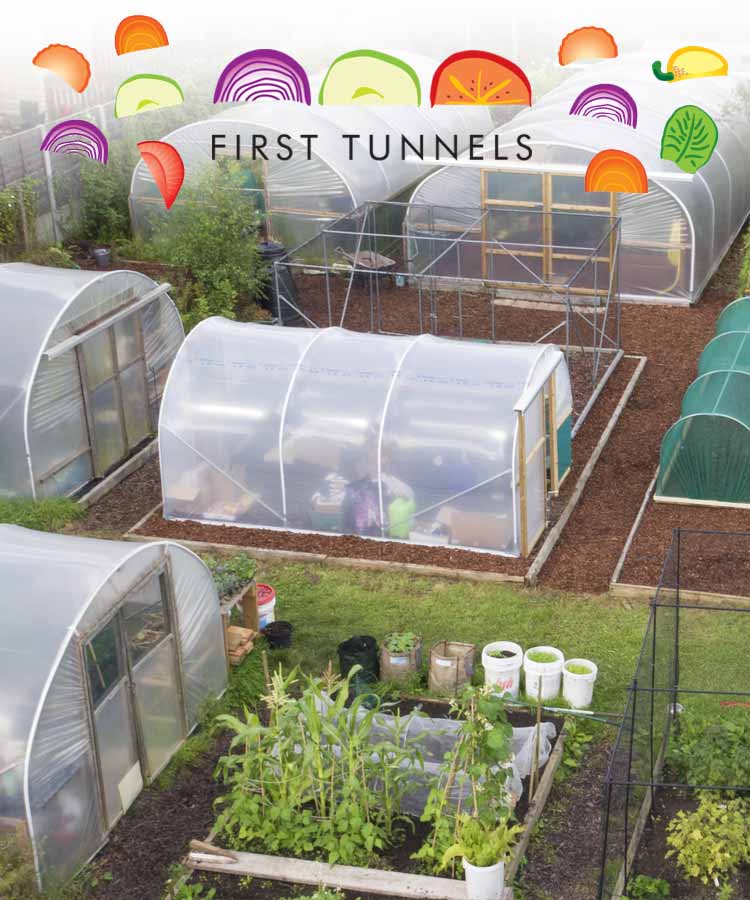One of the most common pests in a polytunnel are aphids, which can easily get out of control. The key to successfully managing this problem lie in keeping the plants in good health and in creating a balanced ecosystem that can better curtail the numbers of these annoying little insects.
Aphids are more likely to attack plants that are already sub-par. Healthy, happy plants with enough water (though not too much) and the right nutrients will be better able to withstand any pests that come their way and will be less likely to succumb to disease.
Another thing to bear in mind is that in an organic garden, prevention is better than cure. It is a good idea to plan your polytunnel planting in such a way that aphids numbers are not given the opportunity to get out of control.
Aphid numbers will not get out of control if there are sufficient numbers of predatory insects and other creatures that will eat them and keep numbers down. Planting plenty of flowers and herbs that will attract predatory insects such as ladybirds and hoverflies is a great way to keep a polytunnel garden in balance. A wildlife pond close to the polytunnel will attract amphibians which will also eat some of the pests and keep everything in balance. Another way to keep aphid numbers down in an organic garden is to plant things that will repel pests. Strong smelling alliums and herbs can act as partial deterrents.
If you already have a big aphid problem in your polytunnel then balancing the ecosystem will not work over night. Obviously, organic gardeners do not wish to resort to chemical controls. There are a number of plant sprays that can be made at home using garlic or spices, though it should be noted that these will generally deter all insects, including those that eat aphids, so can make problems worse if overused. Small-scale topical application of such sprays, however, could save some valuable crops in the polytunnel. As will the time consuming method of simply wiping the bulk of the aphids off plants with water and perhaps a mild dish soap solution.
In an organic garden, some pests are inevitable. The key is to manage the numbers and keep those pests within control. Keep a close eye on all the plants in your polytunnel, keep soil and plants healthy and you should find it relatively easy to grow and gather a successful crop of fruits and vegetables.
